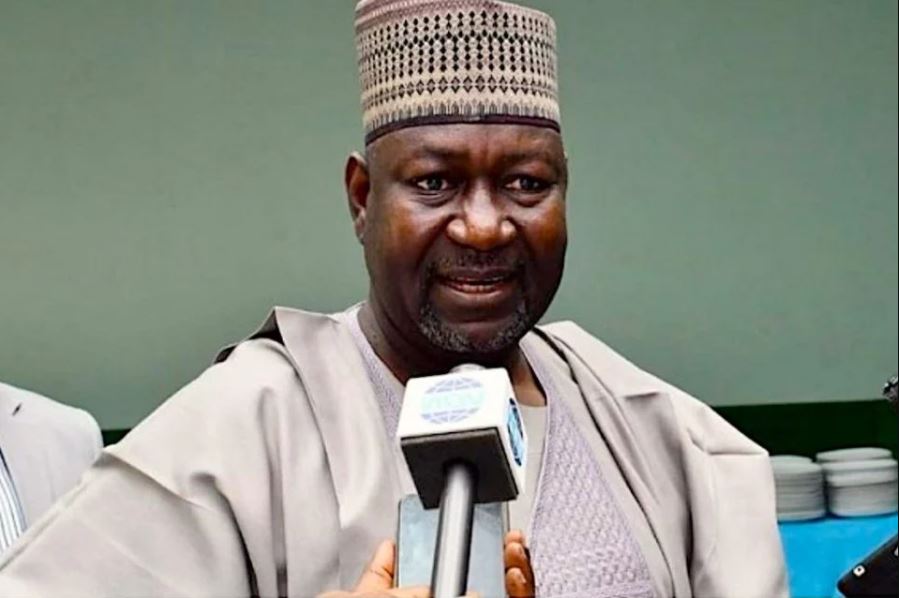Industry data seen in Abuja showed that 19 power generating plants were producing electricity as of 6am on Monday, but they gradually lost production before the eventual collapse of the grid.
Power generation companies had on Sunday blamed the incessant blackouts across the country on the weak infrastructure of transmission and distribution companies.
The Gencos had stated that the poor infrastructure of the Discos and TCN had rendered the quantum of electricity generation in Nigeria inconsequential. The TCN manages the power grid.
The Executive Secretary, Association of Power Generation Companies, Joy Ogaji, kicked against the position of the TCN that the Gencos were to blame for poor power supply nationwide.
On March 8, 2022, the TCN ascribed the low power generation in Nigeria to Gencos’ inability or refusal to generate power, as the transmission company absolved itself of any responsibility from the ongoing shortage of power supply across the country.
It was, however, gathered that the Federal Government met with operators in the sector on Monday over issues pertaining to the grid collapse and measures adopted to restore it, as well as other concerns about the sector.
Minister summons power stakeholders to emergency meeting
Meanwhile, it was gathered that the Minister of Power, Abubakar Aliyu, had to summon an emergency meeting with all the stakeholders in the power sector to address the low electricity generation which had caused epileptic power supply across the country.
Sources at the power ministry also stated that the minister invited participants in the sector to the meeting to address the latest concern about the collapse of the grid.
Aliyu said stakeholders must work together to make electricity more stable and try to avoid the ongoing blame game among operators in the industry.
The meeting, which was held at the conference hall of the Federal Ministry of Power had in attendance delegation from power generation companies, TCN, Nigerian Bulk Electricity Trading and Niger Delta Power Holding Company.
Others include officials from the Nigerian National Petroleum Company Limited, Shell, among other players in the power value chain.
“This meeting was summoned to address the current electricity situation in the country which we see and are not happy about. We must find a solution so that Nigerians will have electricity. I want us to have the patience to talk to each other, not blaming each other,” the minister reportedly stated.
Meanwhile, the Enugu Electricity Distribution Company has declared a total blackout in five states in the South-East region.
The power outages currently being experienced in the states have forced many businesses, which depend largely on the public power supply for their operations, to suspend services.
In highly populated cities of Anambra State such as Nnewi, Onitsha and Awka, the situation sparked anger, because apart from affecting the cost of living, it was also impacting negatively on the well-being of the people.
A statement by the Head of Corporate Communications, EEDC, Emeka Eze, on Monday, said the entire South-East states would be without power supply as all the firm’s outgoing feeders were out.
Eze added that the EEDC was on standby and waiting for signals from the National Control Centre for the restoration of supply.

